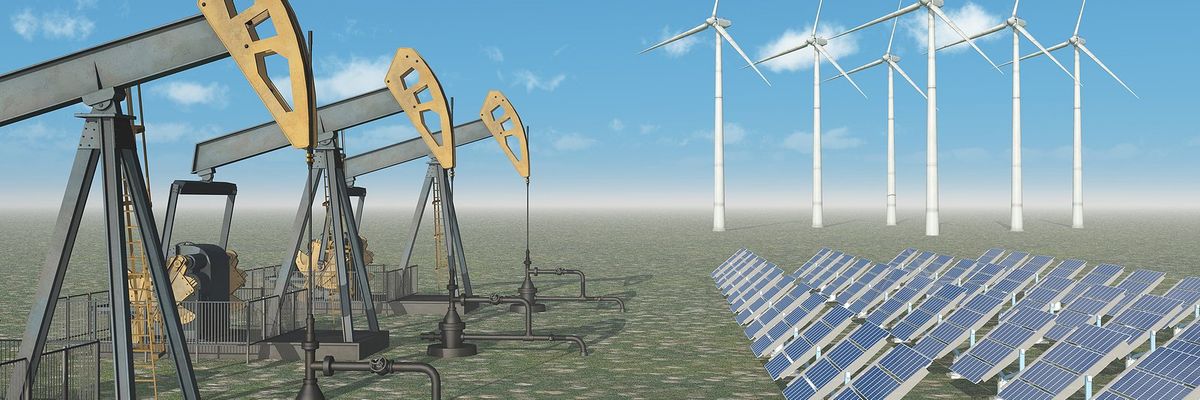flash droughts
Virginia farmers struggle with heat and drought during tough growing season
A combination of extreme heat and prolonged drought devastated Virginia vegetable crops this summer, forcing farmers to adjust their methods in hopes of preserving their harvests.
In short:
- Virginia vegetable farmers faced one of the driest and hottest summers on record, severely impacting crops like tomatoes, peppers, and eggplants.
- Flash droughts, intensified by climate change, quickly developed and worsened, leaving plants without sufficient moisture during key growth periods.
- Some farmers experimented with no-till farming and irrigation but found these methods insufficient without more consistent rainfall.
Key quote:
“This growing season had a drought that was combined with an incredibly long hot spell, and that was the real problem.”
— Hana Newcomb, farmer at Potomac Vegetable Farms
Why this matters:
The increasing frequency of flash droughts threatens food security by destabilizing growing seasons. Climate change is making weather patterns more unpredictable, leaving farmers vulnerable to crop failures without long-term solutions.
Jeff Basara and Jordan Christian: Farmers face soaring risk of flash droughts in every major food-growing region
Flash droughts develop fast, and when they hit at the wrong time, they can devastate a region’s agriculture. They’re also becoming increasingly common as the planet warms.
'Flash droughts' and weather 'whiplash.' Welcome to New England’s climate future
More studies, faster forecasting needed to fight flash drought, says paper
Researchers are arguing for new models to better plan for a recent climate phenomenon: flash droughts.









